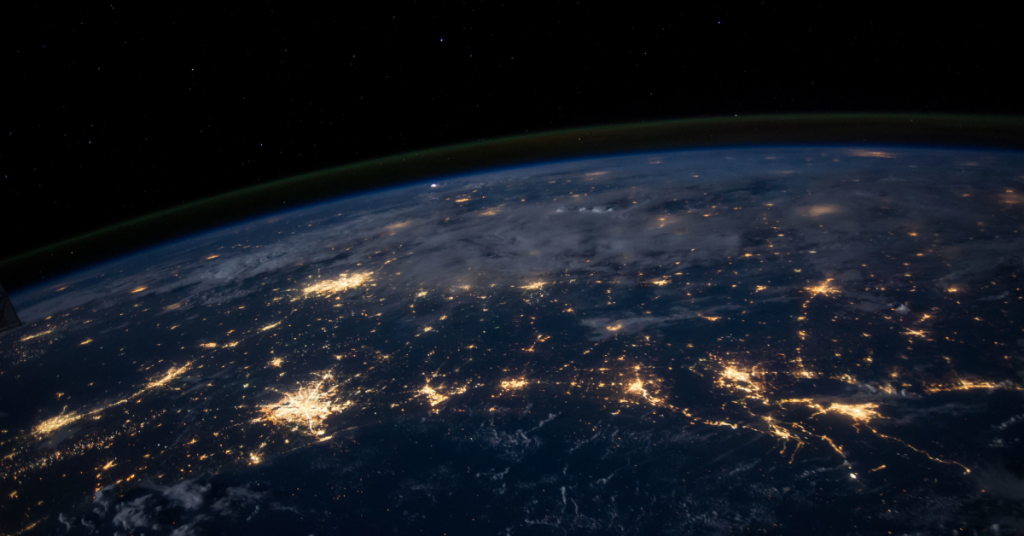If you want your life to get back to normal, then we need a vaccine.
Even now, the vast majority of people are still vulnerable to a coronavirus infection. It is only the restrictions on our lives that are preventing more people from dying.
Hopes are rising that an effective vaccine against Covid-19 will be available within the next year.
Preliminary findings show a vaccine developed by Pfizer and BioNTech can prevent more than 90% of people from getting Covid-19. Meanwhile, results from other advanced trials are expected soon.
Pfizer/BioNtech is the first pharmaceutical company to share data from the final stages of testing – known as a phase 3 trial.
This is a crucial point in vaccine development, where some experimental vaccines will fail.
About 43,000 people have been given the vaccine, and no safety concerns have been raised.
The challenge of a lifetime: how to get billions of COVID-19 vaccines around the world ?
15,000 flights and 15 million cooling boxes could be needed to transport billions of doses of COVID-19 vaccine around the world.
Geography will be a defining factor in how quickly and efficiently vaccines can be distributed, and here temperature requirements are likely to be the main challenge. If vaccines need to be distributed under the more stringent scenario, especially regions with a particularly warm climate and those with limited cold-chain logistics infrastructure will pose a huge challenge – this is the case in large parts of Africa, South America and Asia. In other words, if the vaccine does need this extreme care, we are currently only able to (fairly) easily reach 2.5 billion of the world’s population.
Trial results are also due in the next few weeks on a vaccine being developed by British drug manufacturer AstraZeneca and scientists at the University of Oxford.
Meanwhile encouraging data on a Russian vaccine called Sputnik V has also been released.
Based on interim results from a phase 3 trial, the same stage reached by the Pfizer jab, Russian researchers report that it is 92% efficient.
COVID-19 is not the world’s first pandemic, and it likely will not be the last. We have to stand together and make sure that we are well prepared to deal with any large-scale health crisis that comes our way.





